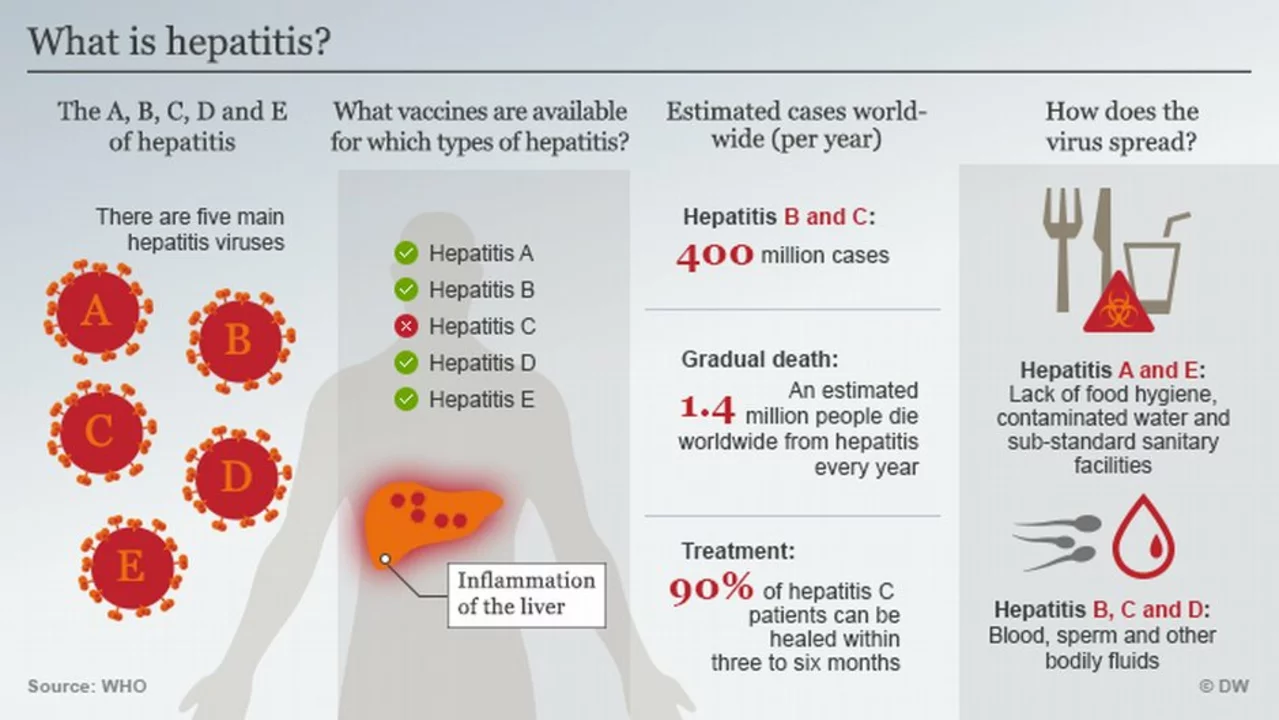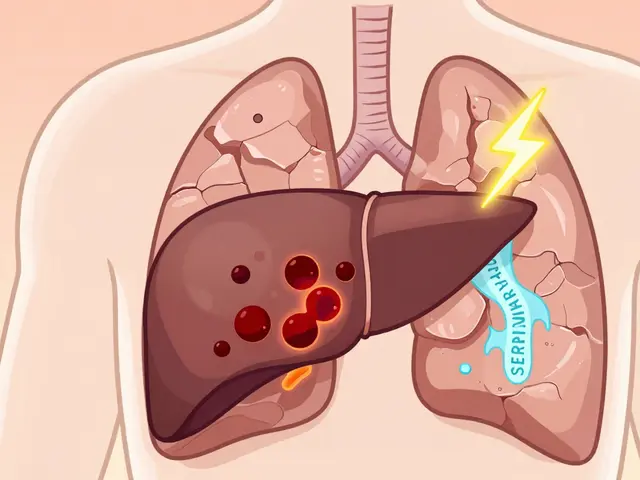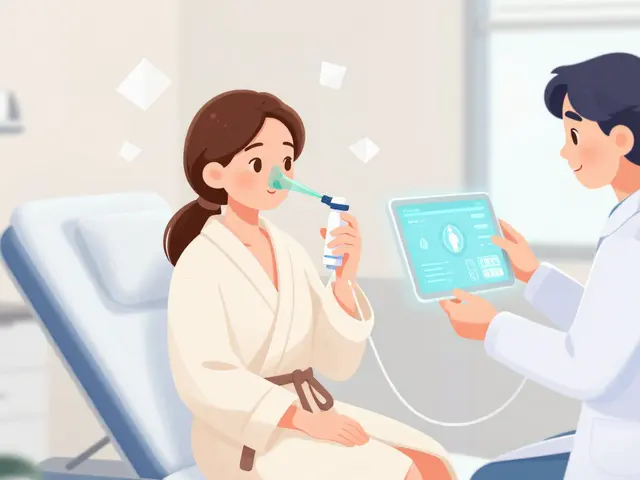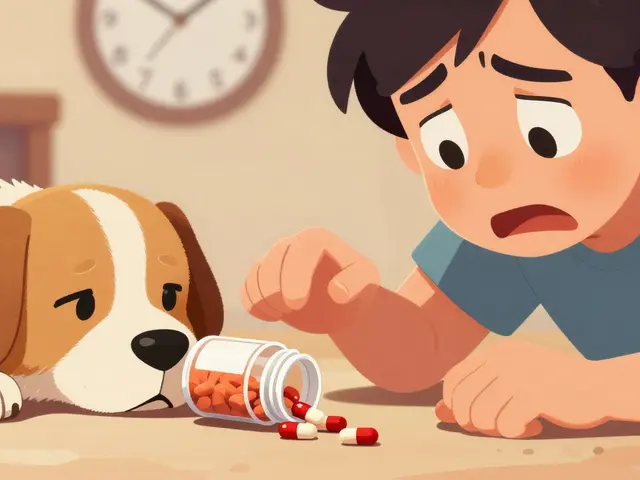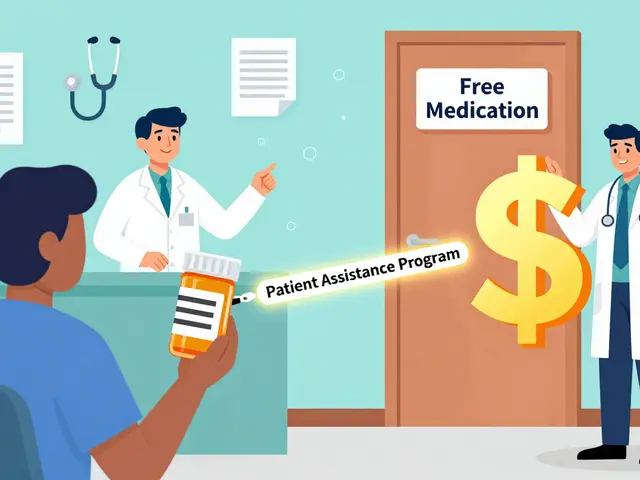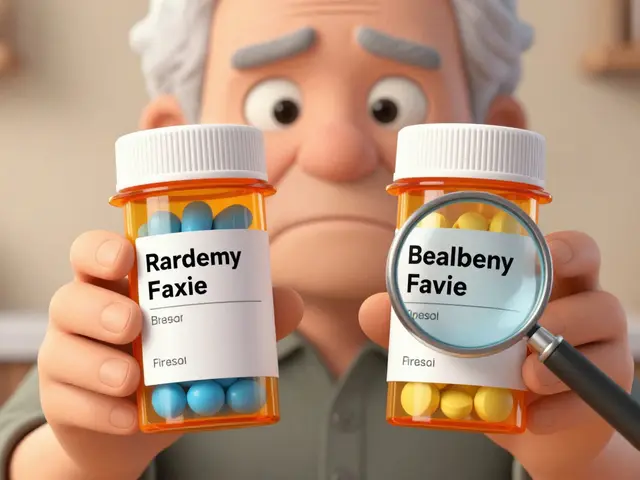Hepatitis treatment: what actually works today
Hepatitis isn’t one disease — it’s a name for liver inflammation caused by different viruses and conditions. Good news: some types are preventable or curable. For example, modern hepatitis C pills cure more than 95% of people in 8–12 weeks. That changes everything for treatment planning.
If you’ve been diagnosed, you probably want to know the fastest, safest route back to normal life. Below I’ll break down the main options, what to expect, and simple steps you can take right now to protect your liver.
Types of hepatitis and how treatment differs
Hepatitis A: This one spreads through contaminated food or water. It usually clears on its own. Key step: get the hepatitis A vaccine if you’re at risk or traveling to certain countries. Rest, fluids, and monitoring are all most people need.
Hepatitis B: Many adults fight it off, but it can become chronic in some people. We treat ongoing cases with antiviral drugs like tenofovir or entecavir to stop liver damage. There’s also a safe, effective vaccine — if you haven’t had it, get it. Pregnant people with high viral loads need special care to prevent passing it to the baby.
Hepatitis C: This used to be a long, brutal fight. Now direct-acting antivirals (DAAs) such as sofosbuvir-based combos cure most people in a short course. Treatment is oral, well tolerated, and usually 8–12 weeks. You still need blood tests before, during, and after treatment to confirm the virus is gone and to check liver health.
What to expect from treatment and smart practical tips
First step: get tested and staged. Your doctor will check viral load, liver enzymes, and sometimes do a FibroScan or blood fibrosis markers. That tells them which drug and how long.
Don’t drink alcohol during treatment — it speeds liver damage and can blunt recovery. Watch for drug interactions: some antivirals clash with cholesterol medicines, antacids, or herbal supplements. Always tell your clinician everything you take.
If you’re prescribed meds, stick to the schedule. Missing doses can reduce success. Side effects are usually mild with modern drugs, but report dizziness, rash, or other worrying signs right away.
Thinking of buying meds online? Use licensed pharmacies only. Ask for a prescription, check verified reviews, and avoid sites that sell prescription drugs without asking for one.
After treatment: keep up liver-friendly habits. Vaccinate against hepatitis A if you’re vulnerable, maintain a healthy weight, avoid excess alcohol, and get regular liver checks if you had chronic disease or scarring.
If you have symptoms like yellow skin, persistent stomach pain, unusual tiredness, or swelling, see a doctor fast. Early treatment prevents long-term damage like cirrhosis or liver cancer.
Want help finding resources or understanding a prescription? I can point you to reliable guides, vaccine info, or what to ask your doctor next.
The use of azithromycin in treating hepatitis
In my latest blog post, I discussed the use of azithromycin in treating hepatitis. Azithromycin, a popular antibiotic, is showing promise as an effective treatment for this liver condition. Through research, scientists have observed its ability to reduce inflammation and prevent further liver damage. Although still in the early stages of study, azithromycin may provide a valuable alternative to current hepatitis treatment options. I am excited to continue following this development and will keep you all updated on the progress of this potential breakthrough.
Read More